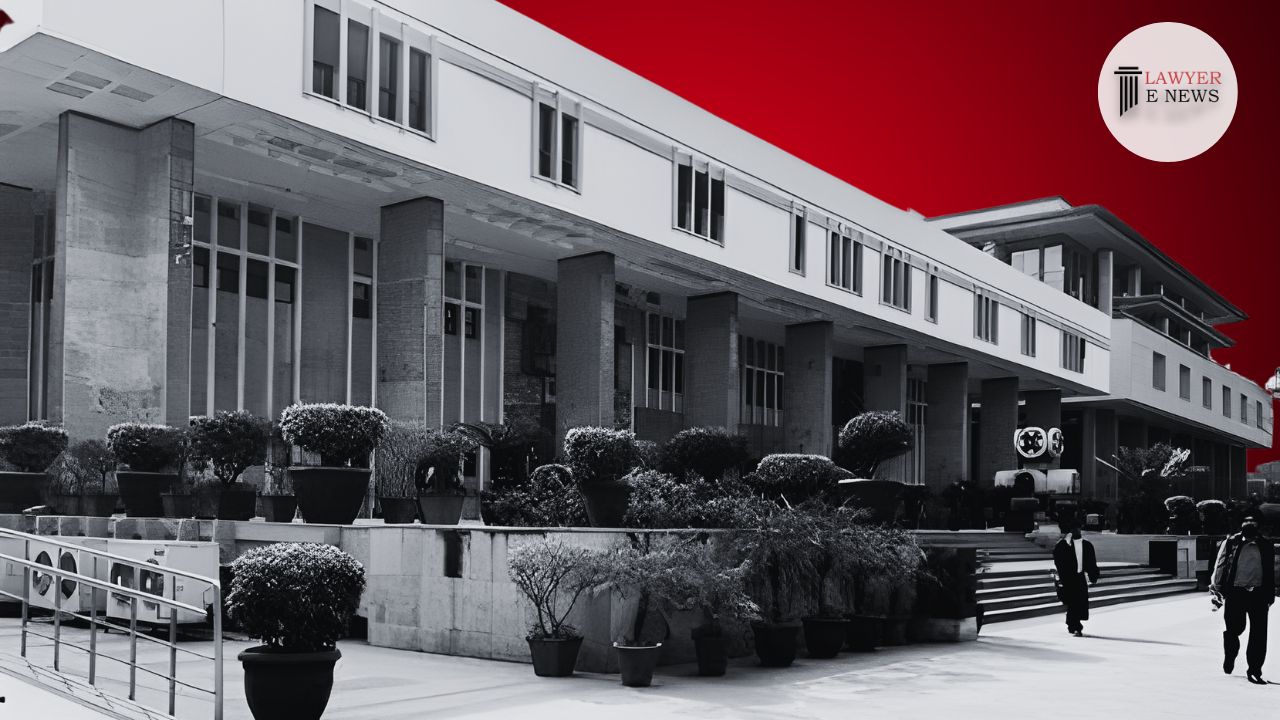-
by Admin
15 February 2026 5:35 AM



Delhi High Court in a recent case in which decree of divorce was challenged (DEEPTI BHARDWAJ Vs. RAJEEV BHARDWAJ D.D. 09 Feb 2023) held that argument made by the counsel for the appellant that specific dates and times are not mentioned loses significance as the respondent husband testified that the words were used repeatedly during quarrels, and there was no rebuttal or attempt to disprove the imputations during cross-examination, indicating that the allegations were duly proved and established.
A judgement passed on 27.07.2022 has been challenged by the appellant, which allowed a petition filed by the respondent-husband under Section 13(1) (i-a) of the Hindu Marriage Act, 1956, seeking dissolution of marriage on the ground of cruelty and granted a decree of divorce. The appellant's counsel argued that there was no pleading to support the suggestion made by the respondent-husband's counsel during cross-examination that the husband filed the petition for divorce because he was having an extramarital affair with his co-worker. The appellant's counsel further argued that the allegations of cruelty were unsubstantiated, and no specific dates were mentioned. However, the respondent's counsel argued that the allegations of adultery were made in the replication of the petition filed under Section 125 Cr.P.C by the appellant and that the respondent had sufficiently established that he was treated with cruelty.
The court stated that the use of derogatory and humiliating words against an individual constitutes cruelty and can cause mental agony and suffering. The proved conduct of the appellant-wife in the present case caused mental agony, pain, anger, and suffering to the respondent-husband on a regular and continuous basis, thus amounting to cruelty.
Court held that argument made by the counsel for the appellant that specific dates and times are not mentioned loses significance as the respondent husband testified that the words were used repeatedly during quarrels, and there was no rebuttal or attempt to disprove the imputations during cross-examination, indicating that the allegations were duly proved and established.
Court further held that the finding returned by the Family Court that the respondent has been treated with cruelty was upheld, and the cruelty that has been proved on record is sufficient and constitutes cruelty as required under Section 13(1)(i-a) of the Hindu Marriage Act. The appeal was dismissed.
DEEPTI BHARDWAJ Vs. RAJEEV BHARDWAJ
